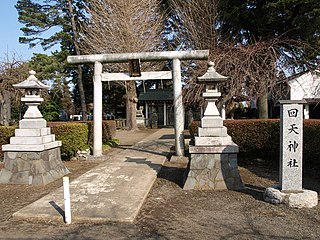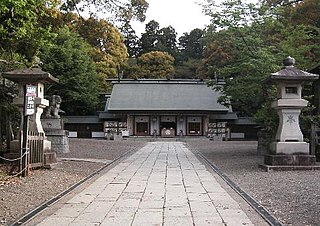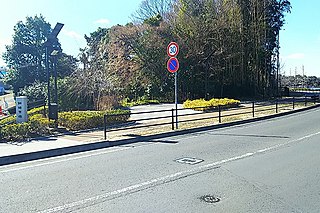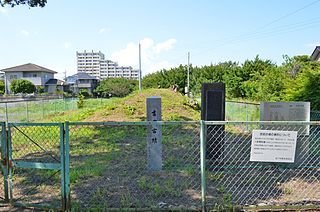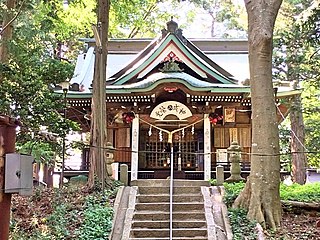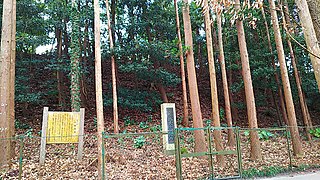10 Sights in Mito, Japan (with Map and Images)
Legend
Welcome to your journey through the most beautiful sights in Mito, Japan! Whether you want to discover the city's historical treasures or experience its modern highlights, you'll find everything your heart desires here. Be inspired by our selection and plan your unforgettable adventure in Mito. Dive into the diversity of this fascinating city and discover everything it has to offer.
1. 吉田神社
Yoshida Shrine is a shrine located in Miyauchi, Mito City, Ibaraki Prefecture, Japan. Shikinai Shrine (Meishin Taisha), Hitachi Province Sannomiya, the former status of the shrine is a prefectural shrine.
2. 水戸八幡宮
Mito Hachimangu is a shrine located in Hachiman-cho, Mito, Ibaraki Prefecture, Japan. The official name is "Hachimangu". In ancient times, it was called Shirahatayama Hachimangu or Shirahatayama Hachimangu. The former company name was a prefectural company. It has been a revered shrine for generations of owners of Mito Castle since its founding, and has been regarded as the general guardian of Hitachi Province Suifu.
3. 弘道館公園
The Kōdōkan (弘道館) was the largest han school in Bakumatsu period Japan. Located in Mito, Ibaraki Prefecture, three of its buildings have been designated Important Cultural Properties and the school is a Special Historic Site.
4. 六地蔵寺(水戸大師)
Rokujizoji Temple is a temple of the Shingon sect of the Toyoyama sect located in Roktanda-cho, Mito City, Ibaraki Prefecture, Japan. The main temple has 25 temples. The name of the mountain is Mt. Kumo, and the name of the temple is Seibo-in. It is called Mt. Kumomi Seihoin Rokujizoji Temple. Since ancient times, it has been known as a sacred place for easy childbirth and child-rearing.
5. 回天神社
Kaiten Shrine is a shrine located in Mito City, Ibaraki Prefecture. It enshrines the patriots, mainly from the Mito domain, who devoted themselves to the country during the tumultuous late Edo period, including events such as the Ansei Purge, the Sakurada Gate Incident, the Tozenji Incident, the Sakashita Gate Incident, the Tengu Party Rebellion, and the Aizu War. The name of the shrine is derived from the work "Kaiten Shishi" by Fujita Toko.
6. 常磐神社
Tokiwa Jinja (常磐神社) is a Shinto shrine adjacent to the gardens of Kairakuen in Mito, Ibaraki, Japan. Founded in 1874, enshrined are Tokugawa Mitsukuni, second daimyō of the Mito Domain and compiler of Dai Nihonshi, and Tokugawa Nariaki, ninth lord and founder of the nearby Kōdōkan han school. In 1882 the shrine joined the ranks of the bekkaku kanpeisha (別格官幣社) or Imperial Shrines. The Tokiwa Jinja Reisai or annual festival is held on 12 May. A cannon and a drum have been designated as Cultural Properties by the city.
7. 柳崎貝塚
Yanagizaki Kaizuka is a shell mound located in Senba Town, Mito City, Ibaraki Prefecture, Japan. It is located on the southeast shore of Lake Senba, northwest of the Ibaraki Prefectural Museum of Modern Art, in a private residential area and vineyard.
8. 吉田古墳
The Yoshida Kofun (吉田古墳) is kofun burial mound located in the Motoyoshida neighborhood of the city of Mito, Ibaraki in the northern Kantō region of Japan. The kofun was designated a National Historic Site in 1922, with the area under protection extended in 2010 and 2012
9. 愛宕山古墳
The Atagoyama Kofun (愛宕山古墳) is a kofun burial mound located in the Atago neighborhood of the city of Mito in Ibaraki Prefecture in the northern Kantō region of Japan. It received protection as a National Historic Site in 1934.
10. 大串貝塚
The Ōgushi Shell Midden is an archaeological site in the Shiozaki area of the city of Mito, Ibaraki Prefecture, in the northern Kantō region of Japan containing a Jōmon period shell midden. The site was designated a National Historic Site of Japan in 1970.
Share
Disclaimer Please be aware of your surroundings and do not enter private property. We are not liable for any damages that occur during the tours.
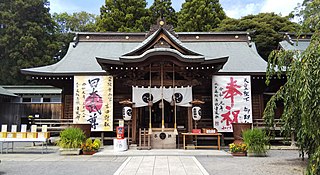
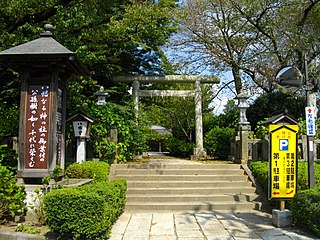
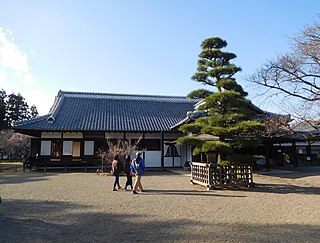
.jpg)
